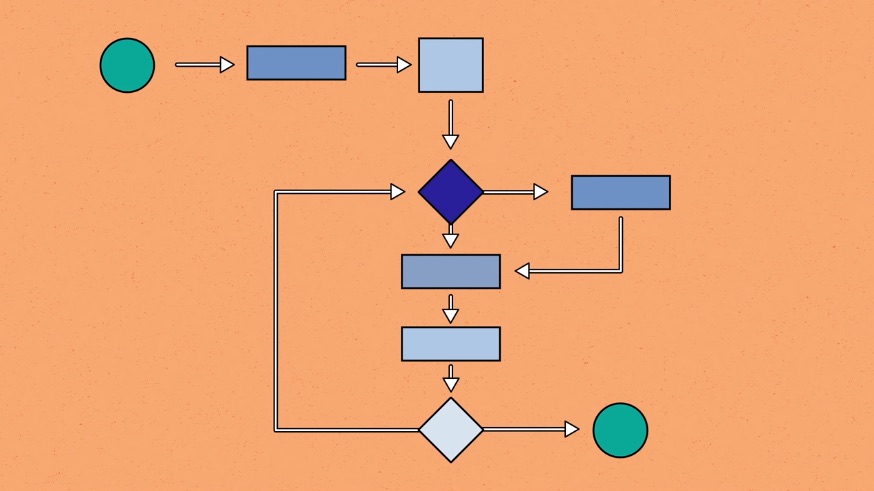"""
OCP 개방폐쇄원칙은 새로운 기능을 추가할 때 확장을 통해 추가하고, 수정을 통해서가 아니다.
"""
from enum import Enum
class Color(Enum):
RED = 1
GREEN = 2
BLUE = 3
class Size(Enum):
SMALL = 1
MEDIUM = 2
LARGE = 3
class Product:
def __init__(self, name, color, size):
self.name = name
self.color = color
self.size = size
# OCP = open for extension, closed for modification
# 확장을 위해서는 열려 있지만, 수정을 위해서는 클래스를 닫아야 한다.
class ProductFilter:
"""요구사항이 추가됨에 따라 계속해서 함수가 생겨나는것은 OCP 원칙에 위배된다."""
def filter_by_color(self, products, color):
for product in products:
if product.color == color:
yield product
def filter_by_size(self, products, size):
for product in products:
if product.size == size:
yield product
def filter_by_size_and_color(self, products, size, color):
for product in products:
if product.color == color and product.size == size:
yield product
# 2 가지 옵션이 있다면 모든 경우의수 는 3 = 2C1 + 2C2
# 3 가지 옵션이 있다면 모든 경우의수 는 7 = 3C1 + 3C2 + 3C3 (이름, 색상, 크기)
# OCP 원칙은 새 필터를 추가할 때마다 필터함수를 추가하는 것이 아니라, 확장을 통해 추가한다는 것을 의미한다.
# Specification
class Specification:
def is_satisfied(self, item):
raise NotImplementedError
def __and__(self, other):
return AndSpecification(self, other)
class ColorSpecification(Specification):
def __init__(self, color):
self.color = color
def is_satisfied(self, item):
return item.color == self.color
class SizeSpecification(Specification):
def __init__(self, size):
self.size = size
def is_satisfied(self, item):
return item.size == self.size
class AndSpecification(Specification):
def __init__(self, *args):
self.args = args
def is_satisfied(self, item):
return all(map(lambda spec: spec.is_satisfied(item), self.args))
class Filter:
def filter(self, items, spec):
raise NotImplementedError
class BetterFilter(Filter):
def filter(self, items, spec):
for item in items:
if spec.is_satisfied(item):
yield item
if __name__ == "__main__":
apple = Product("Apple", Color.GREEN, Size.SMALL)
tree = Product("Tree", Color.GREEN, Size.LARGE)
house = Product("House", Color.BLUE, Size.LARGE)
products = [apple, tree, house]
pf = ProductFilter()
print("Green products (old):")
for p in pf.filter_by_color(products, Color.GREEN):
print(f" - {p.name} is green")
print('--------------------------------')
bf = BetterFilter()
print("Green products (new):")
green = ColorSpecification(Color.GREEN)
for p in bf.filter(products, green):
print(f" - {p.name} is green")
print("Large products:")
large = SizeSpecification(Size.LARGE)
for p in bf.filter(products, large):
print(f" - {p.name} is Large")
print("Large Blue products:")
# large_blue = AndSpecification(large, ColorSpecification(Color.BLUE))
large_blue = large & ColorSpecification(Color.BLUE)
for p in bf.filter(products, large_blue):
print(f" - {p.name} is Large and Blue")
# OCP 개방 폐쇄 원칙은 기본적으로 코드를 계속 수정하는 상황을 피하고, 새롭게 만드는것.




댓글남기기